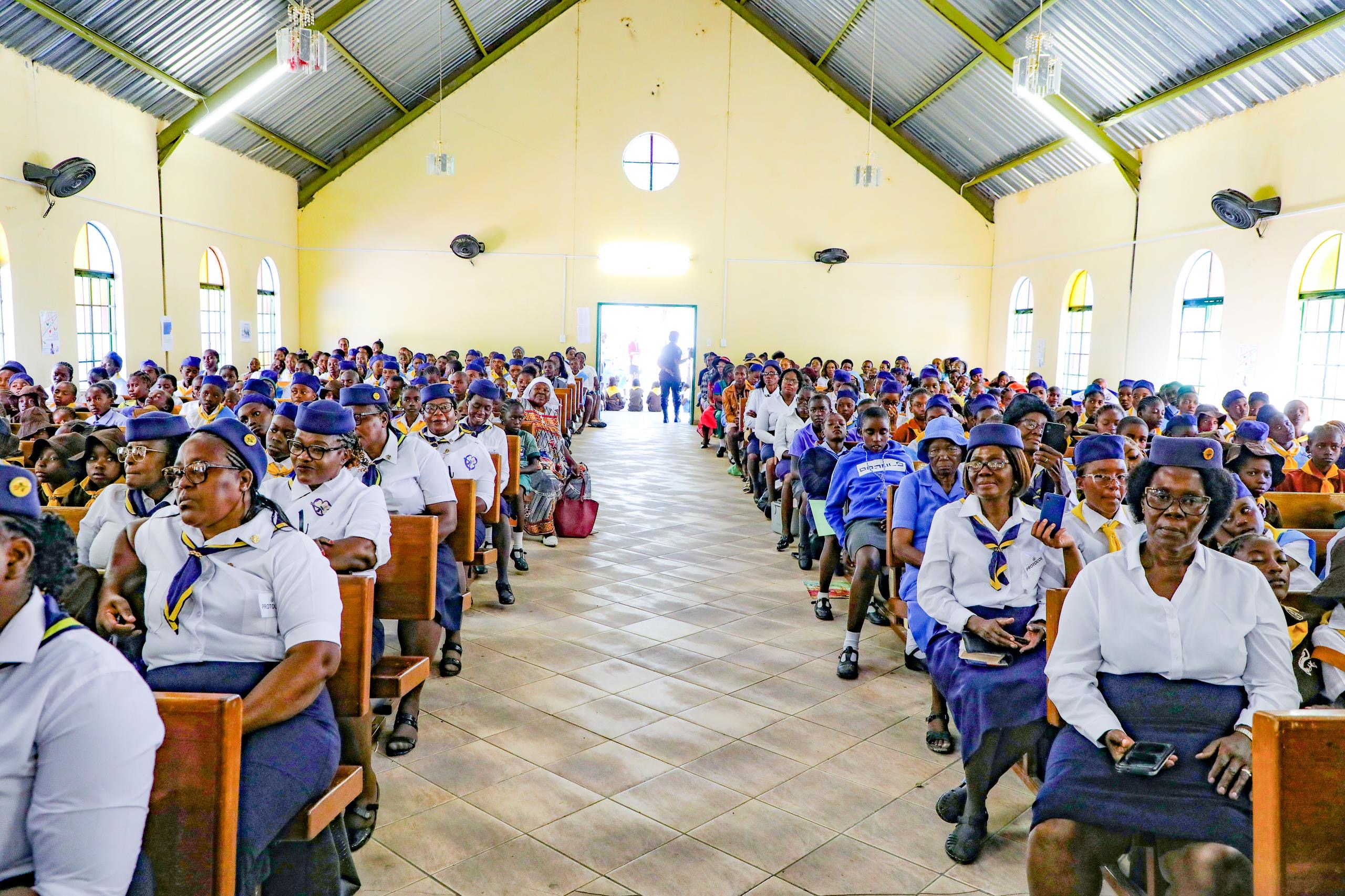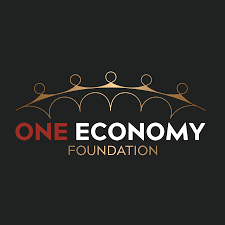I FOUND The Namibian of Friday, June 1 quite interesting for the three articles on religion.
The first article, ‘Angry atheist books sell in United States’ concerned the recent spate of books that have challenged religious fanaticism. These authors are dismissed as ‘angry atheists’ instead of reasoning with their arguments.The best-selling book by Richard Dawkins, called ‘The God delusion’, for example, certainly does not fit into this category since he regards himself as a Darwinist.Another book by Christopher Hitchens, ‘God is not great: How religion poisons everything’, has provoked quite a public debate in South Africa as well, and of course, the issue of secularism is currently being seriously debated in Turkey and Italy.The second article, ‘Guatemala evangelicals thrive but shun politics’ correctly implies that the status quo promotes religious fundamentalism because of its supposedly a political nature, but as is usual in the English media, evangelism is never categorised as the Christian extremism that it is.The third article, ‘Cultural bigotry rises as change grips India’, fails to make the connection between what is happening in India and the Hindu fanaticism there.In this part of the world, the notion of religious conservatism is automatically associated with Islamic extremism.Other forms of religious intolerance as manifested in Christianity, Judaism and Hinduism are seldom acknowledged.Namibia, of course is a secular country.However, this is hardly ever mentioned in public.If anything, Namibia is characterised by religious conservatism which continues to exert a tight grip on mass consciousness.This, regrettably, is a legacy of colonialism.The colonial regime invested heavily in the promotion of Christian fanaticism as an effective buffer against secularism and other enlightened values.Given the power and wealth of religious structures, the weak secular state is placed on the defensive and the Namibian nation fractured by the very many religious sects.A thoroughgoing transformation of the country remains blocked.Religious dogma provided the justification for colonialism and continuous to do so for ongoing injustice.The fatalistic and obscure lexicon such as “soul” and “creation” and “miracle” reflects the passive absorption of a whole pre-packaged world view, it represents an unquestioned reality that hides something.This is exactly the opposite of what secularism, humanism and democracy are all about.Secularism is about valuing all human beings, not only those from a certain religion.The artificial barriers of religious sectarianism must be done away with.The uniqueness of humans should also be differentiated from the supernatural.Human beings construct their own history, they are their own agents of change.Secularism is opposed to the comfort zones of circular and irrational thinking, but empowers people with notions of a critical mind and reasoning ability.After all, democracy is nothing else but power to the people.Since the mid-sixties, the liberated women of Europe and Latin America have refused to accept the moral authority of the church which has resulted in a downturn in mass religion there.However, the end of the Cold War left a huge ideological gap that has been filled by religious extremism especially Christian extremism.This has been noteworthy in the underdeveloped regions of Sub-Saharan Africa, with Namibia perhaps in the forefront as the most Christian society on the continent.When are we going to have some serious debate about secularism, not necessarily atheism, in Namibia? L. Shikongo KhomasdalThese authors are dismissed as ‘angry atheists’ instead of reasoning with their arguments.The best-selling book by Richard Dawkins, called ‘The God delusion’, for example, certainly does not fit into this category since he regards himself as a Darwinist.Another book by Christopher Hitchens, ‘God is not great: How religion poisons everything’, has provoked quite a public debate in South Africa as well, and of course, the issue of secularism is currently being seriously debated in Turkey and Italy.The second article, ‘Guatemala evangelicals thrive but shun politics’ correctly implies that the status quo promotes religious fundamentalism because of its supposedly a political nature, but as is usual in the English media, evangelism is never categorised as the Christian extremism that it is.The third article, ‘Cultural bigotry rises as change grips India’, fails to make the connection between what is happening in India and the Hindu fanaticism there.In this part of the world, the notion of religious conservatism is automatically associated with Islamic extremism.Other forms of religious intolerance as manifested in Christianity, Judaism and Hinduism are seldom acknowledged.Namibia, of course is a secular country.However, this is hardly ever mentioned in public.If anything, Namibia is characterised by religious conservatism which continues to exert a tight grip on mass consciousness.This, regrettably, is a legacy of colonialism.The colonial regime invested heavily in the promotion of Christian fanaticism as an effective buffer against secularism and other enlightened values.Given the power and wealth of religious structures, the weak secular state is placed on the defensive and the Namibian nation fractured by the very many religious sects.A thoroughgoing transformation of the country remains blocked.Religious dogma provided the justification for colonialism and continuous to do so for ongoing injustice.The fatalistic and obscure lexicon such as “soul” and “creation” and “miracle” reflects the passive absorption of a whole pre-packaged world view, it represents an unquestioned reality that hides something.This is exactly the opposite of what secularism, humanism and democracy are all about.Secularism is about valuing all human beings, not only those from a certain religion.The artificial barriers of religious sectarianism must be done away with.The uniqueness of humans should also be differentiated from the supernatural.Human beings construct their own history, they are their own agents of change.Secularism is opposed to the comfort zones of circular and irrational thinking, but empowers people with notions of a critical mind and reasoning ability.After all, democracy is nothing else but power to the people.Since the mid-sixties, the liberated women of Europe and Latin America have refused to accept the moral authority of the church which has resulted in a downturn in mass religion there.However, the end of the Cold War left a huge ideological gap that has been filled by religious extremism especially Christian extremism.This has been noteworthy in the underdeveloped regions of Sub-Saharan Africa, with Namibia perhaps in the forefront as the most Christian society on the continent.When are we going to have some serious debate about secularism, not necessarily atheism, in Namibia? L. Shikongo Khomasdal
Stay informed with The Namibian – your source for credible journalism. Get in-depth reporting and opinions for
only N$85 a month. Invest in journalism, invest in democracy –
Subscribe Now!










